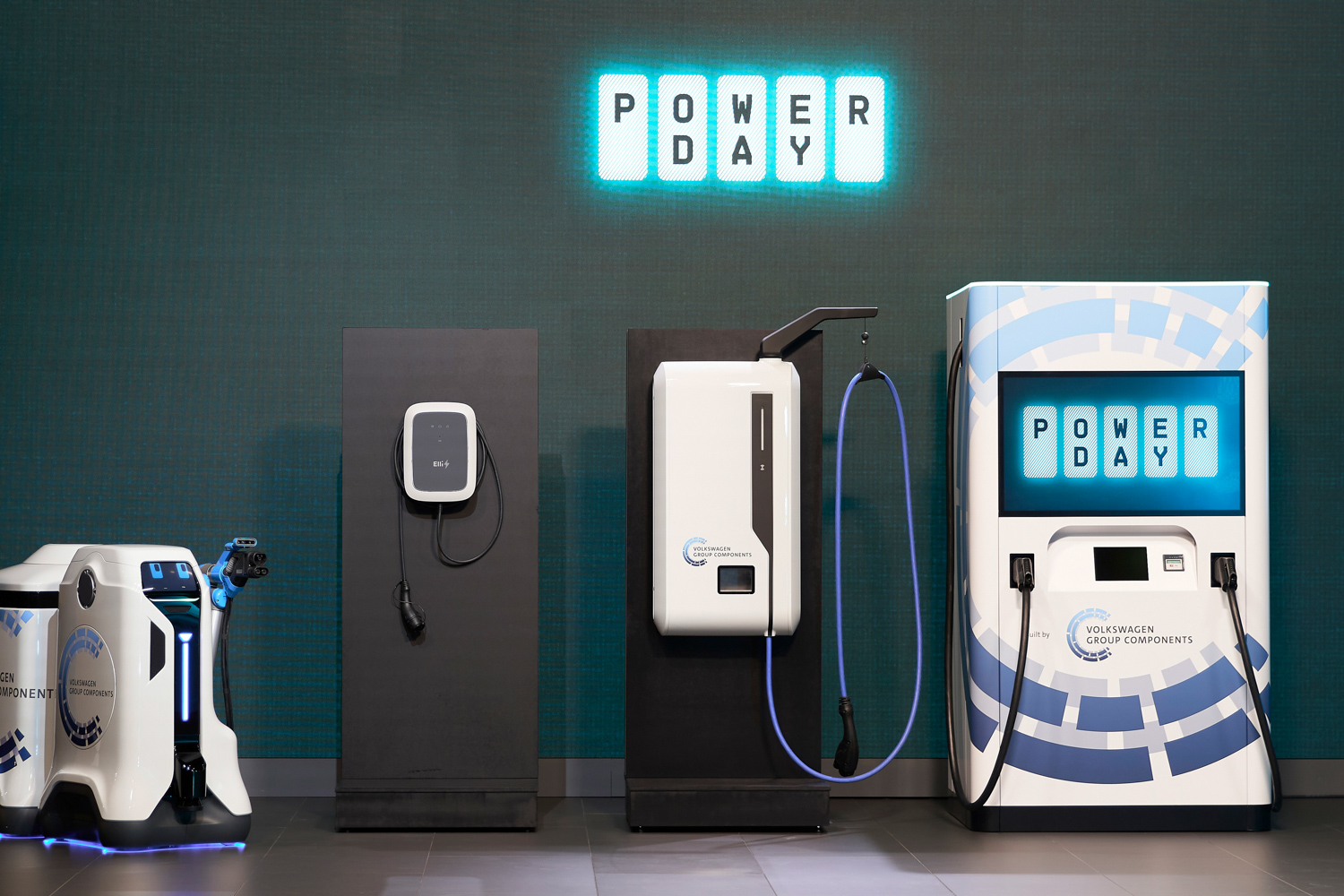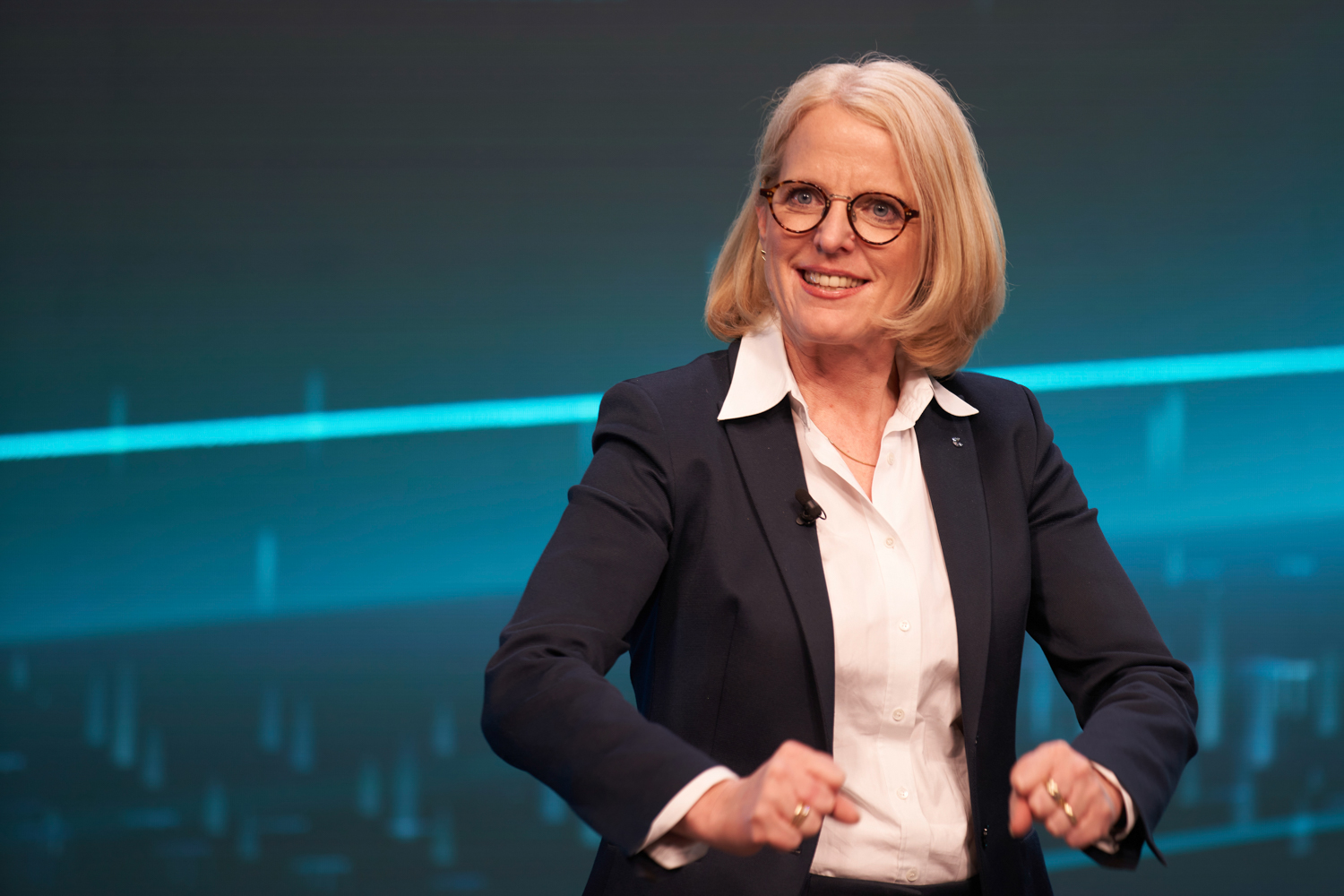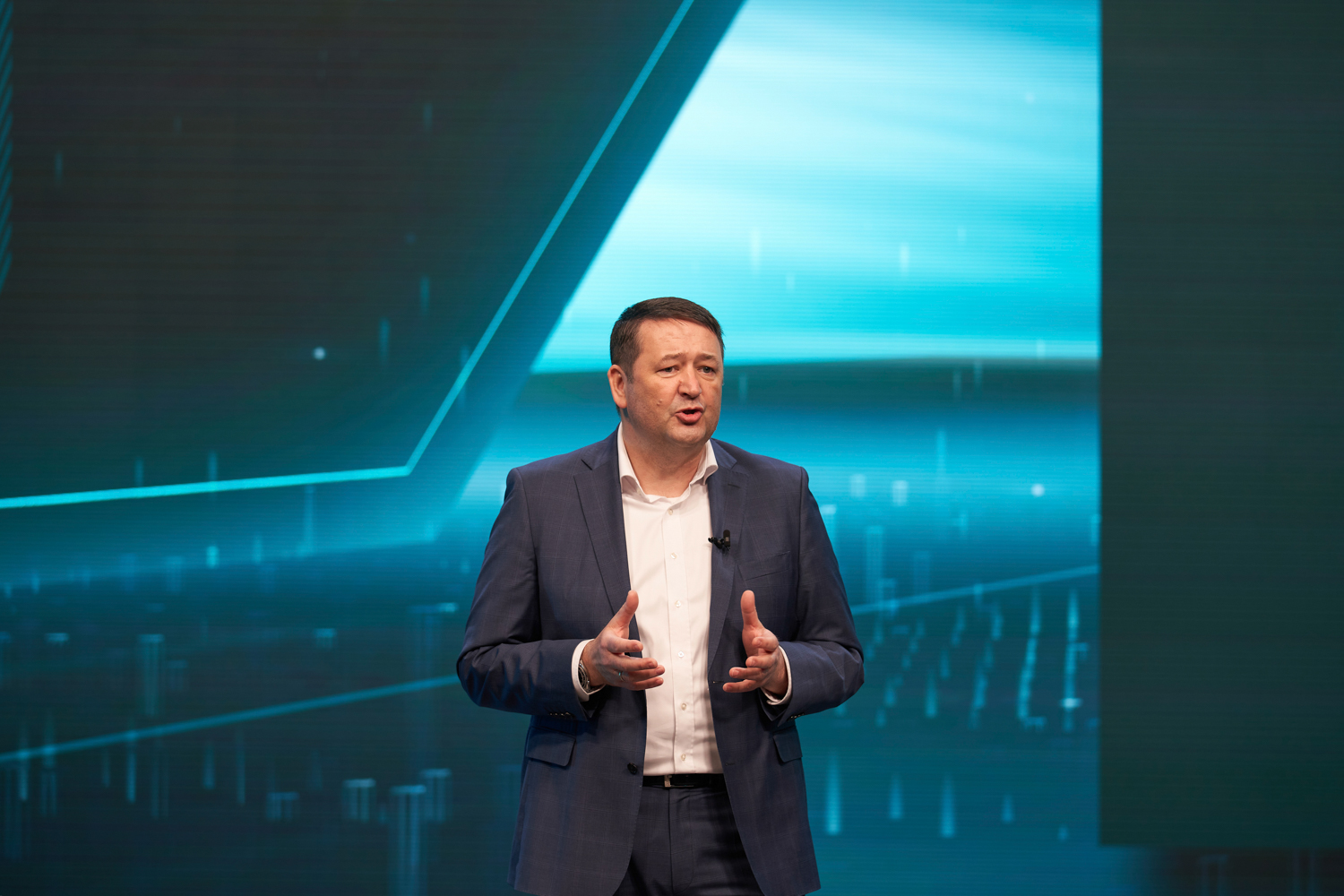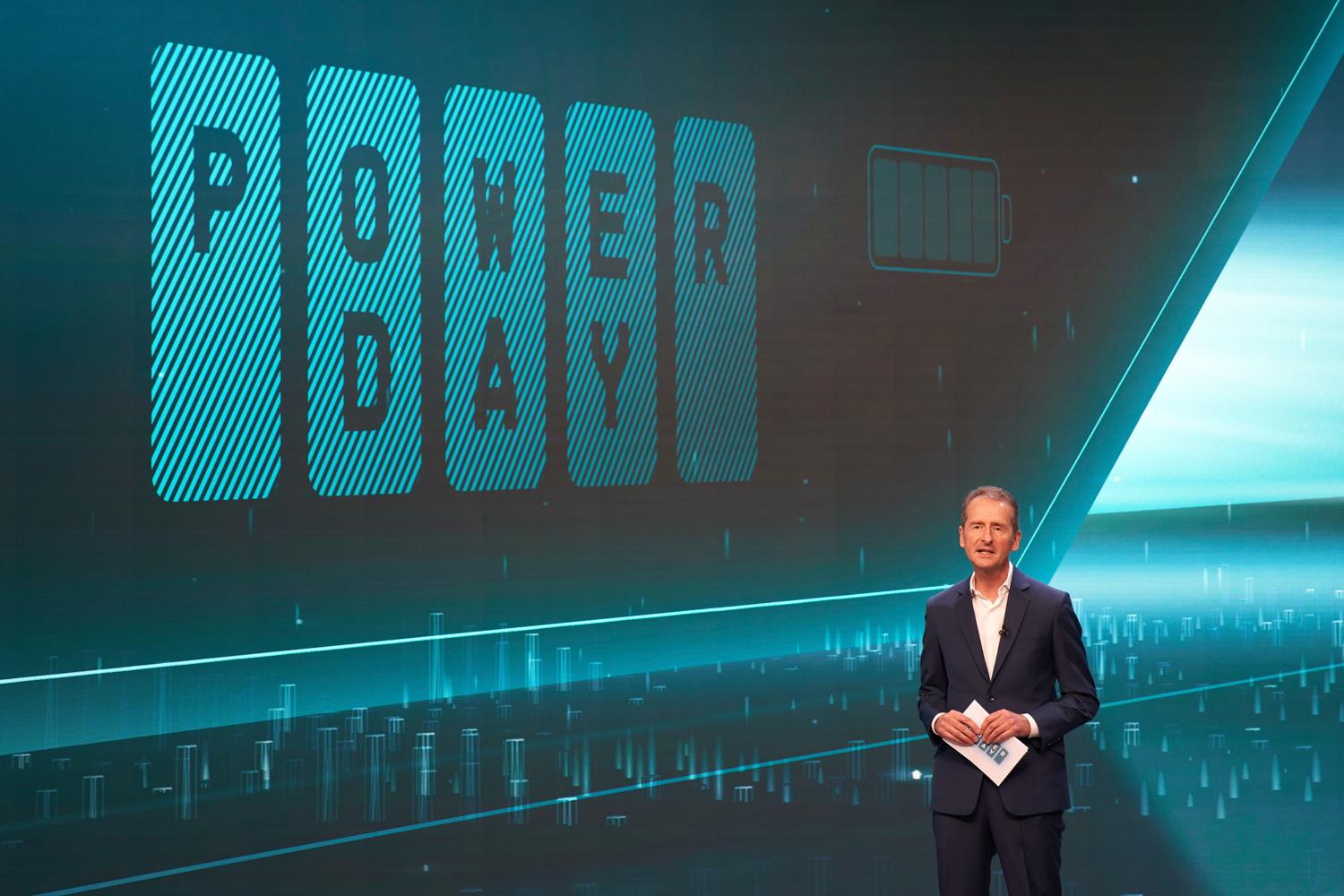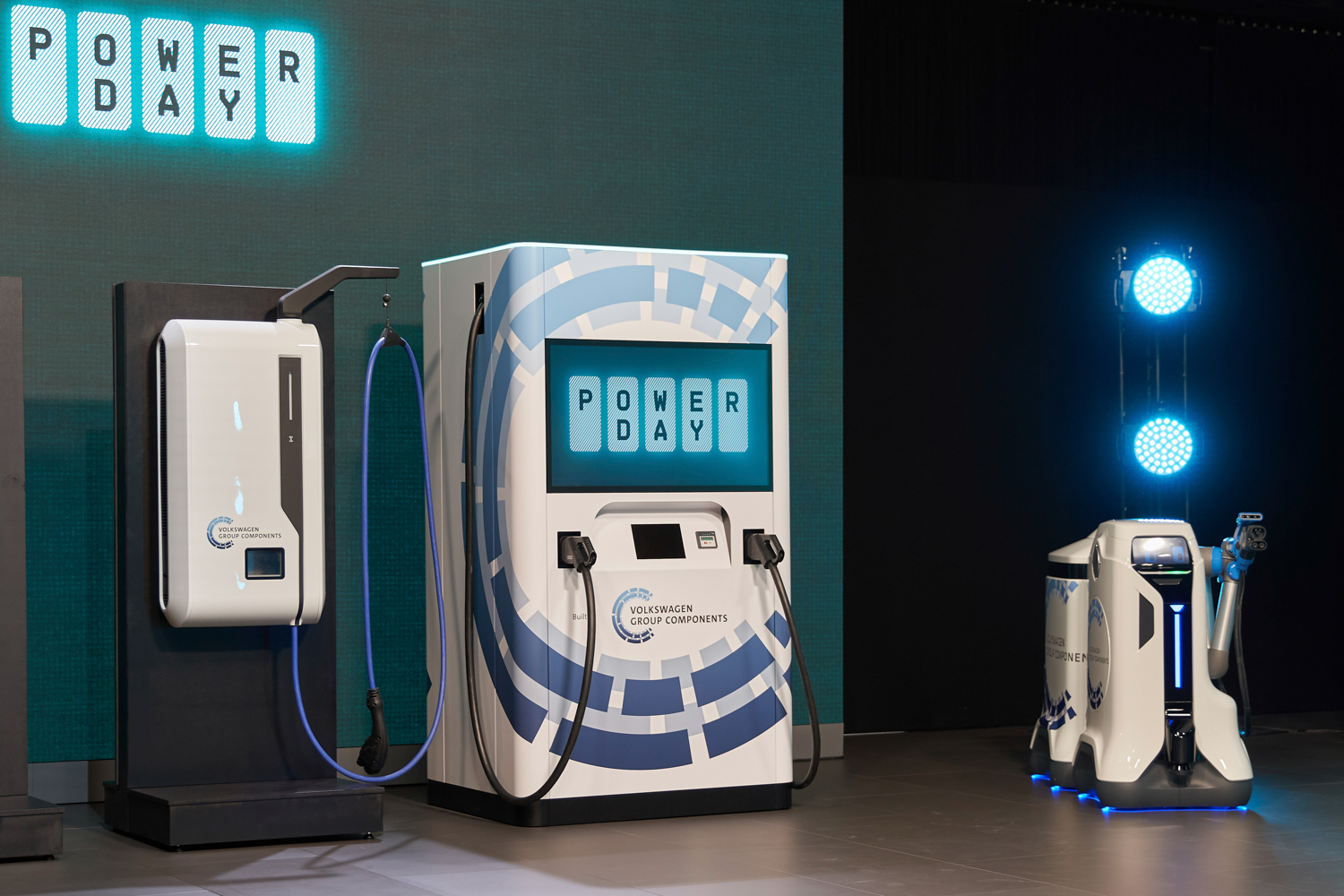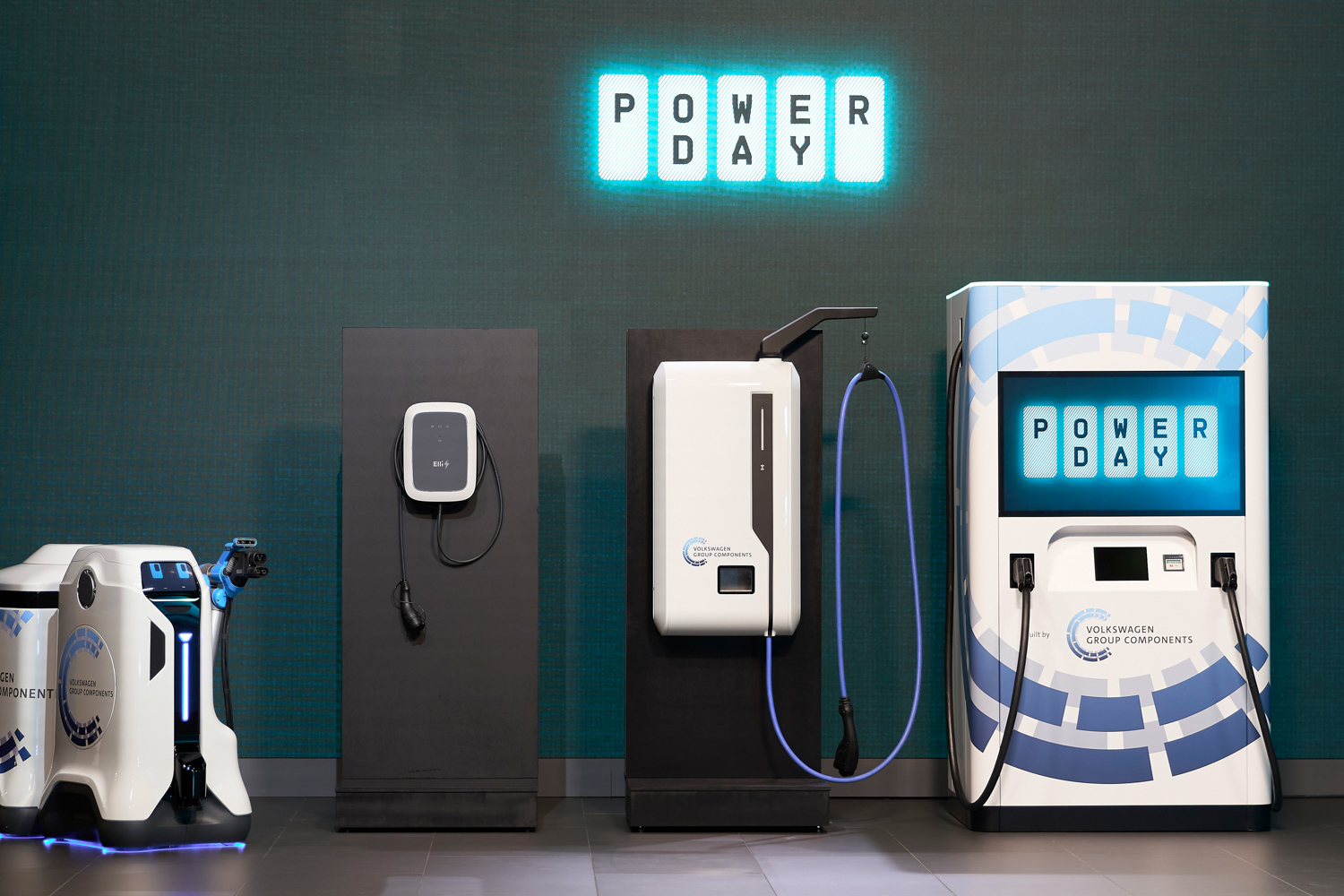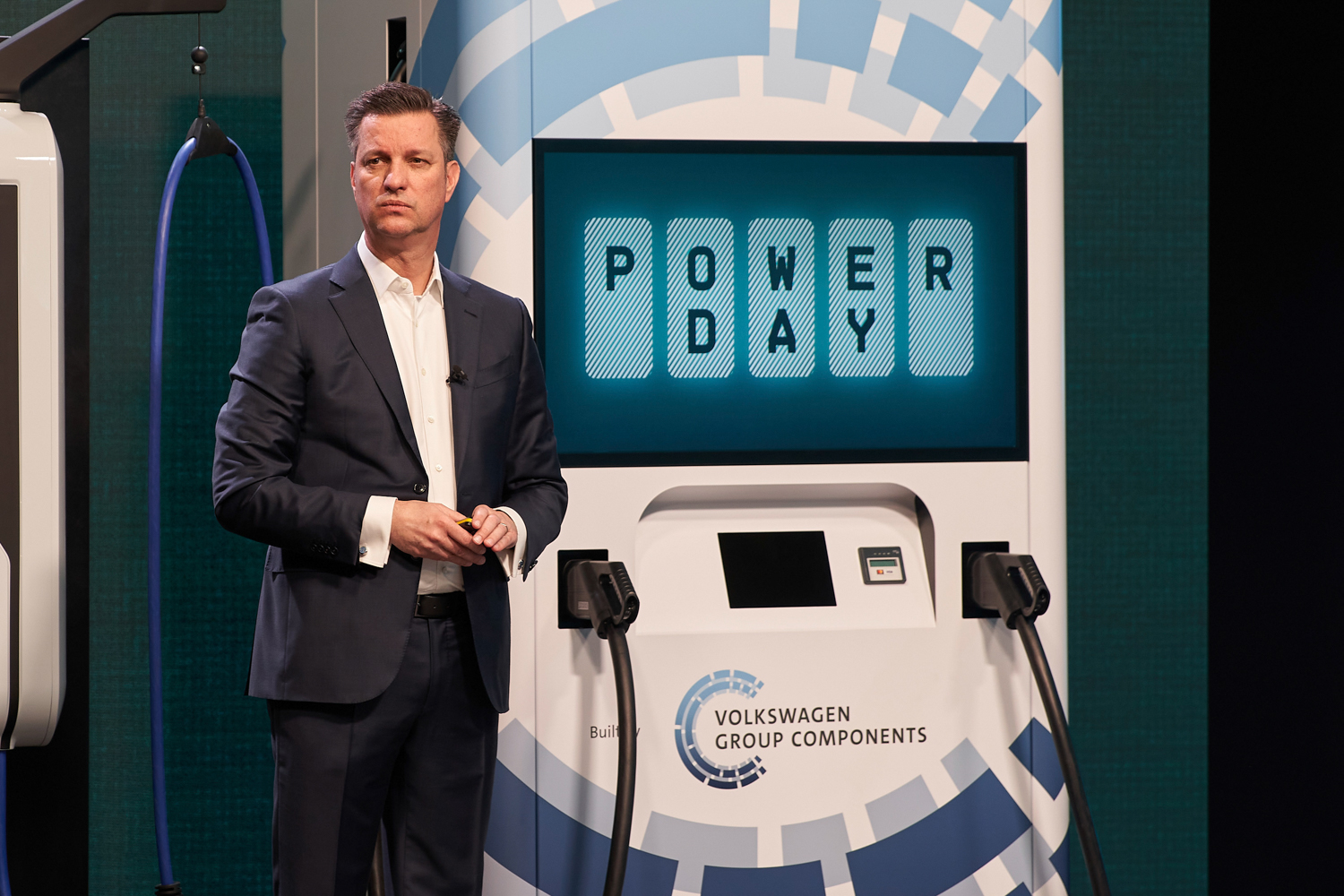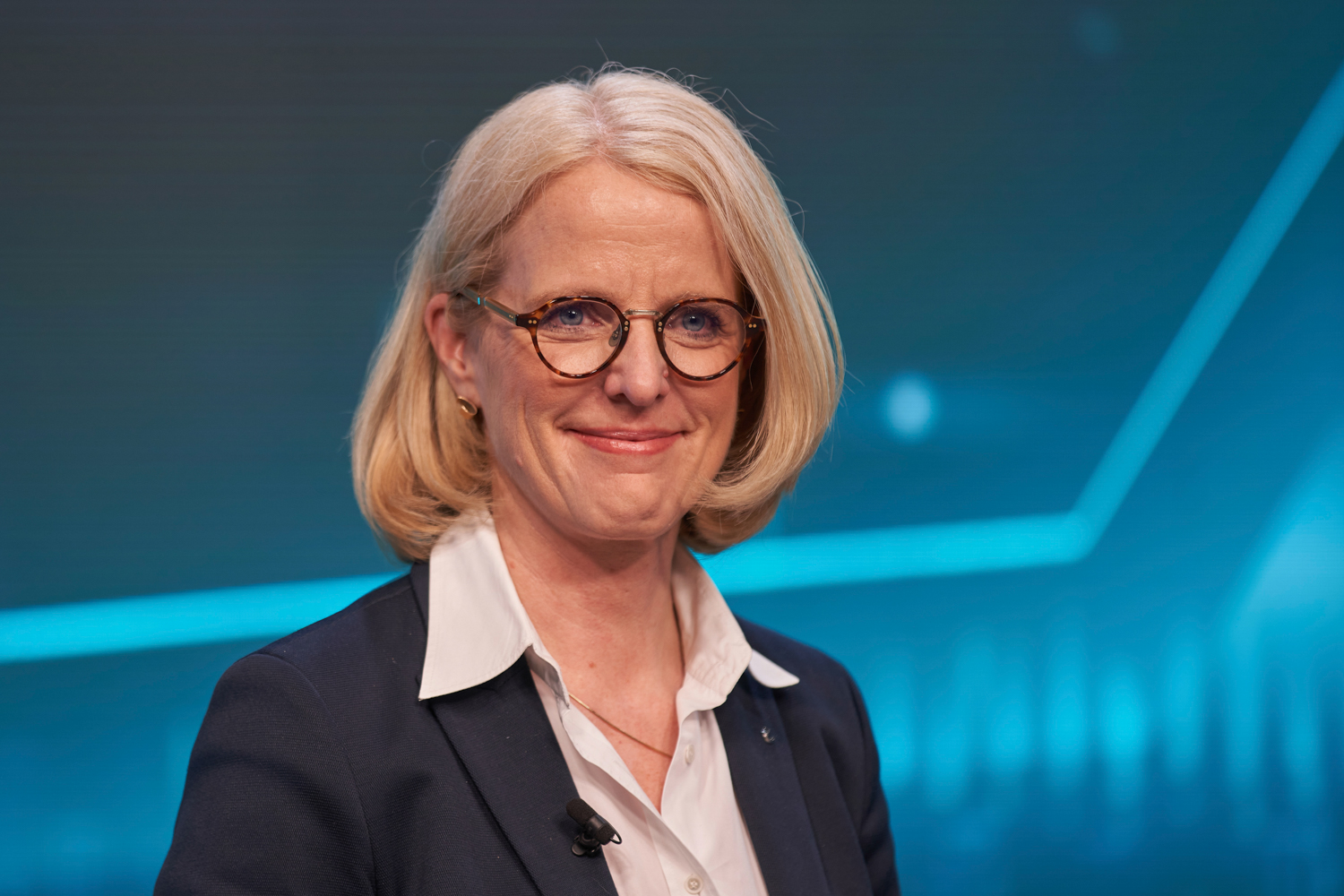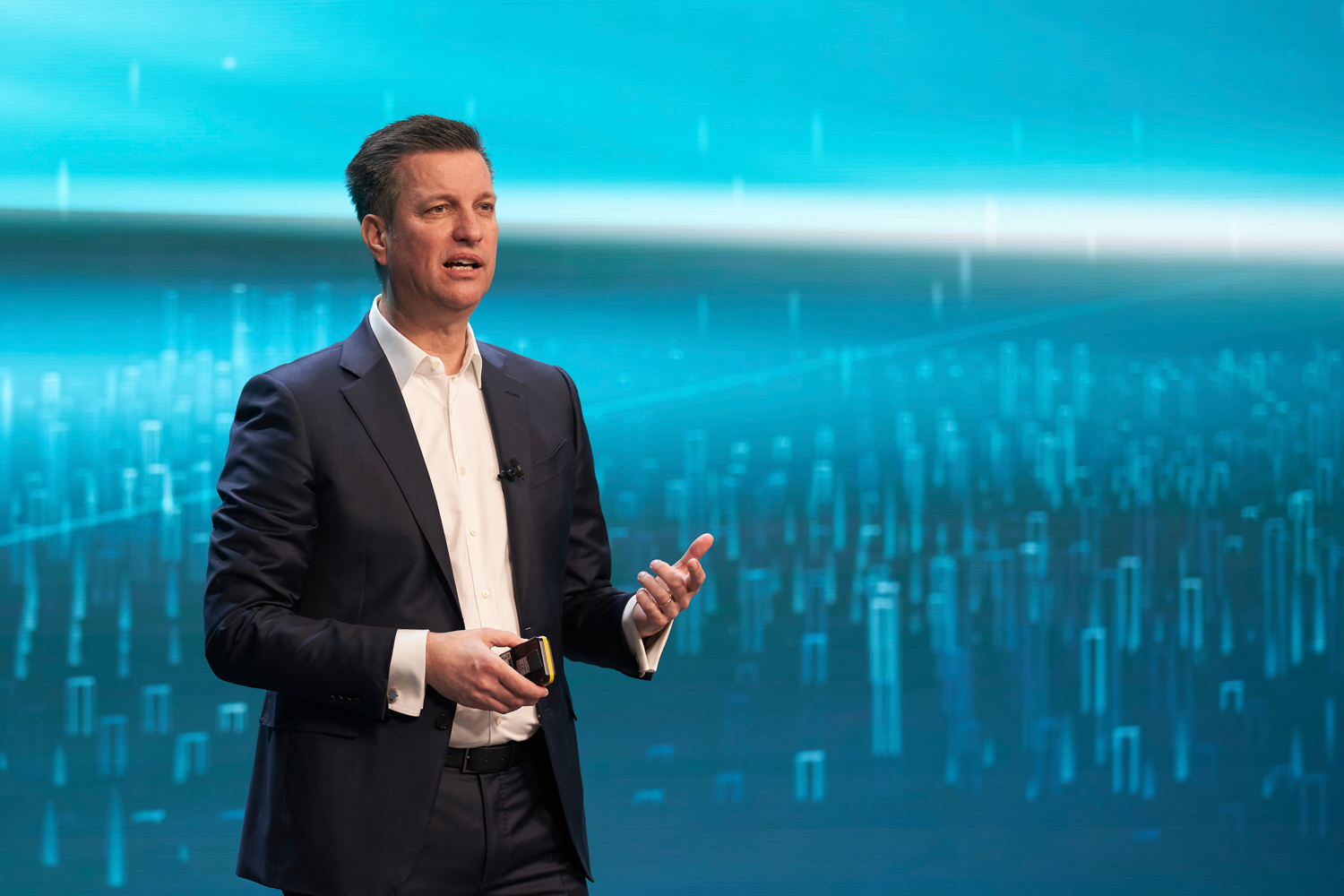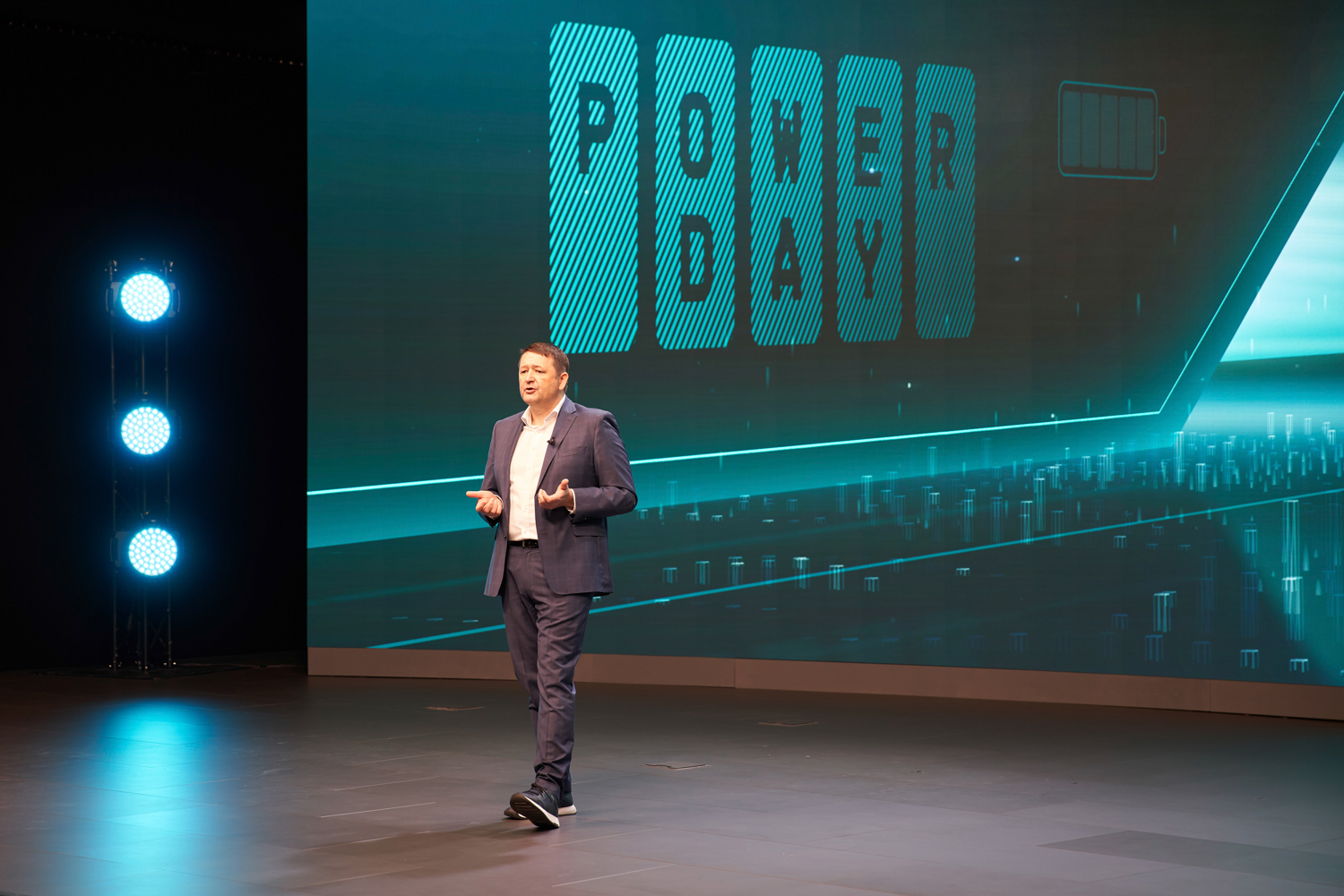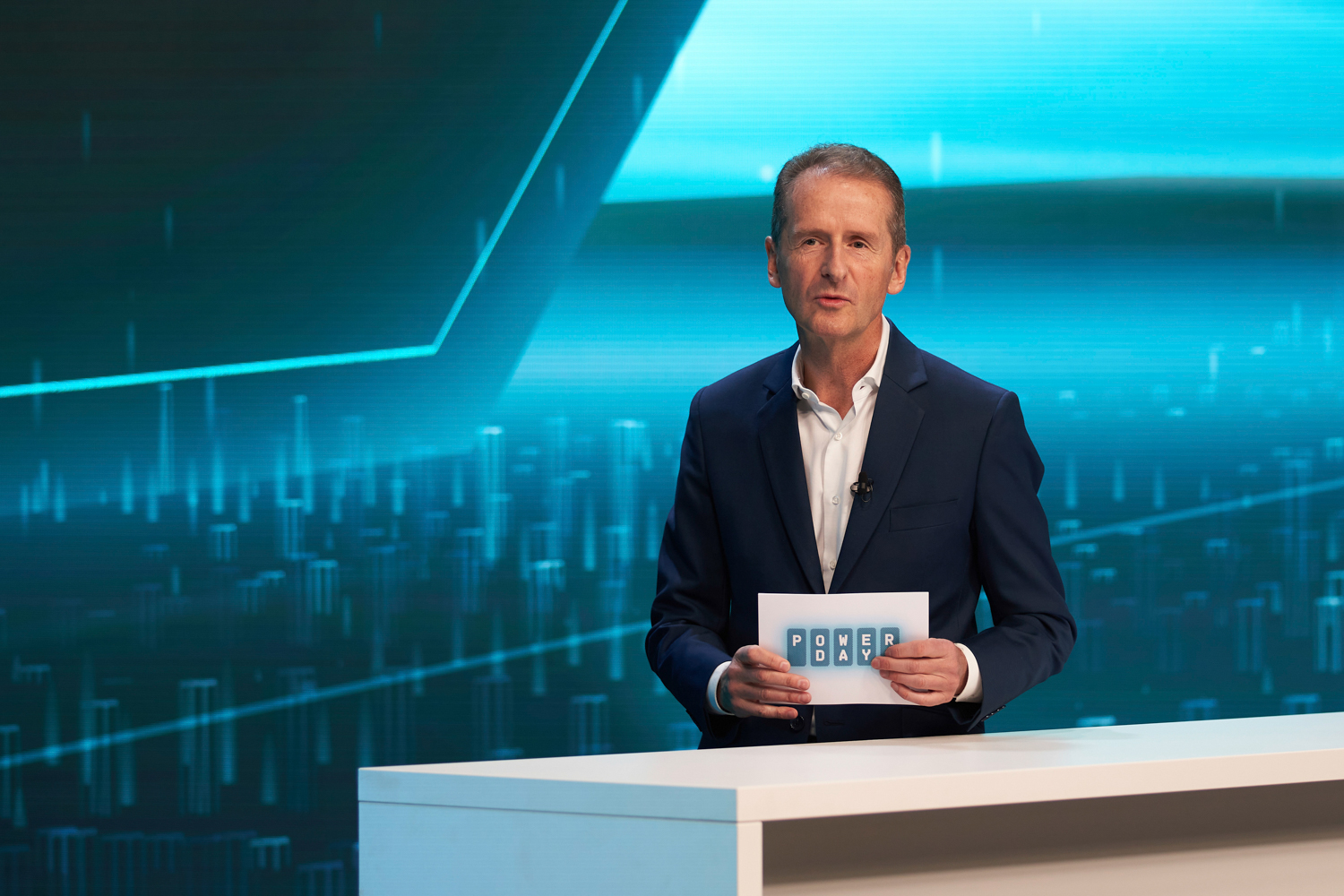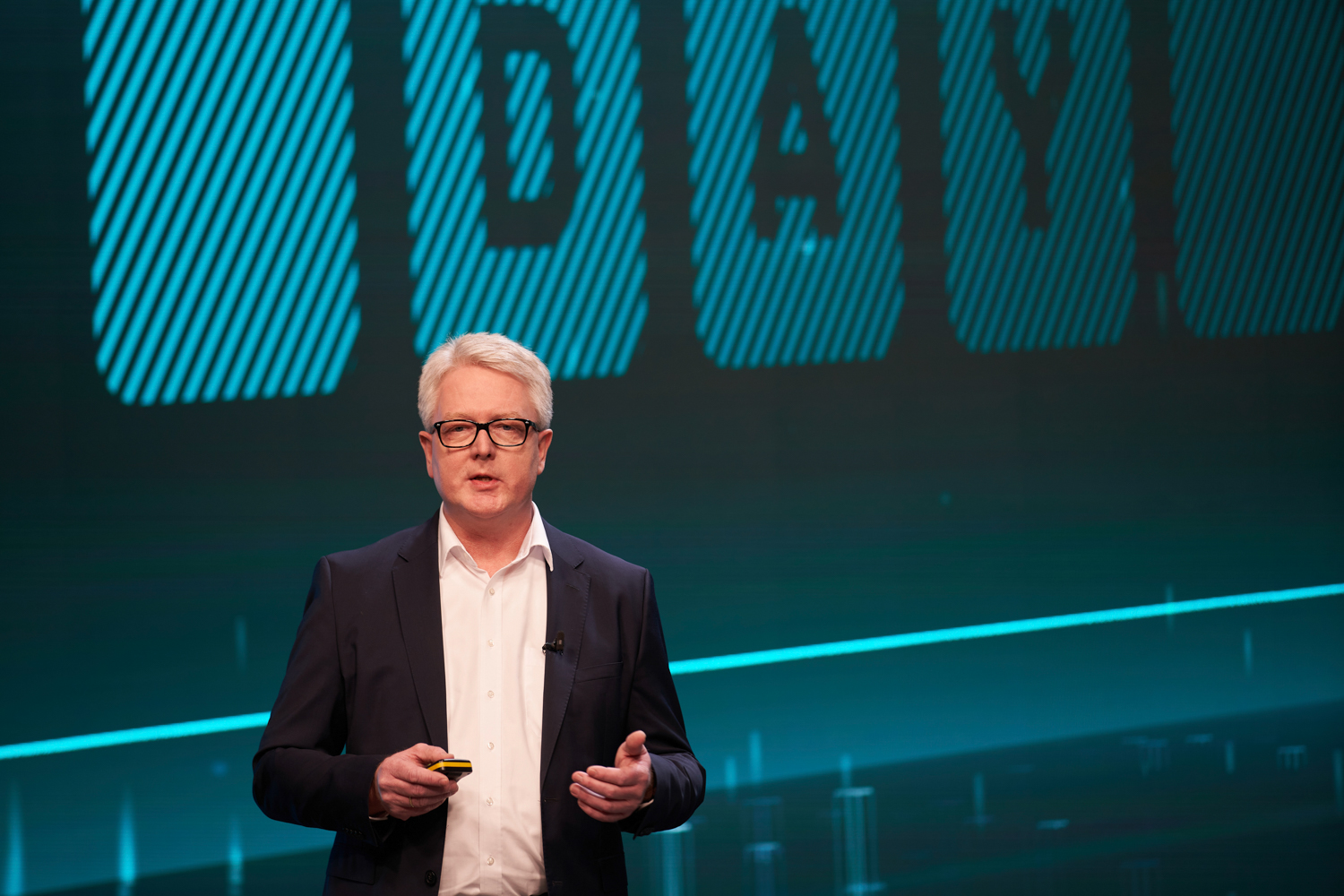Volkswagen, which is ramping up its electric car range more and more every day it seems, has today announced plans to massively expand its battery production, so as it can meet the massive expected demand for electric cars between now and 2030.
E-mobility now a core business
"E-mobility has become core business for us. We are now systematically integrating additional stages in the value chain. We secure a long-term pole position in the race for the best battery and best customer experience in the age of zero emission mobility" said Herbert Diess, Chairman of the Board of Management of the Volkswagen Group.
By 2030, Volkswagen wants to have no fewer than six battery factories across Europe, with the capacity to make a grand total of 240gWh (that's giga-watt hours, Back To The Future Fans - lots of lightning). To put that in context, if all of that battery energy were divided into 58kWh packs for the mid-spec ID.3, for example, it would be enough for 4.1 million cars.
The first two factories will operate in the Swedish city of Skellefteå and in Salzgitter in Germany. The Skellefteå factory is owned and operated in co-operation with Swedish firm Northvolt, and will all on its own produce 40gWh of batteries by 2030. The Swedish plant will produce 'premium' battery cells (we assume for high-end Porsche and Audi models) while Salzgitter will make batteries "for the high-volume segment" and will also reach a total capacity of 40gWh. Volkswagen says that both factories will be powered by renewable energy.
Cheaper batteries
Just as important as ramping up production is the fact that VW wants to make batteries that are cheaper, and the German giant plans to do just that by making 'unified' battery cells that are the same across different models. The idea is that costs can be cut by 50 per cent in the "entry-level" segment, and 30 per cent in volume models. According to Volkswagen's numbers it thinks it can bring battery production costs down below the magic (by motor industry standards) number of €100 per kWh. Battery recycling and reclamation, with as much as 95 per cent of each battery being recycled, will also contribute to that figure. "We aim to reduce the cost and complexity of the battery and at the same time increase its range and performance", says Thomas Schmall, Volkswagen Group Board Member for Technology. "This will finally make e-mobility affordable and the dominant drive technology. We will use our economies of scale to the benefit of our customers when it comes to the battery too. On average, we will drive down the cost of battery systems to significantly below €100 per kilowatt hour. This will finally make e-mobility affordable and the dominant drive technology."
More rapid chargers
The 'unified' battery cell will be a prismatic one, which Volkswagen reckons has the best balance of reliability, energy capacity, and recyclability, at least until more advanced solid-state batteries become available from the middle of this decade. The car maker is going to work with its suppliers and partners all the way down the supply chain to make sure that everything that can be recycled and re-used is being recycled and re-used, further driving down the CO2 footprints of the cars it builds.
Volkswagen is also expanding its plans for public charging points, and wants to have 18,000 public fast-chargers up and running by 2025 across Europe. Of those, some 4,000 150kW rapid-chargers will be installed at BP and ARAL fuel stations across the UK and Germany, while partnerships with Iberdrola and Enel will help Volkswagen install chargers in Spain and Italy respectively. VW's going to invest around €400 million in European public chargers by 2025.
The car maker is looking to the US and China, too, with plans for 3,500 and as many as 17,000 fast chargers, respectively, in those markets.
Volkswagen says that its MEB electric car platform (already on sale underneath the ID.4 and ID.3) will, by 2022, be able to return unused power to the energy grid at peak demand times, and that in the future more and more solar power will be offered to customers to charge their cars.

